They are not in the minds of people, who live far from the coasts. Or can’t swim. Still the oceans are very important in our life and knowing about their quirks is mandatory.
They are vast
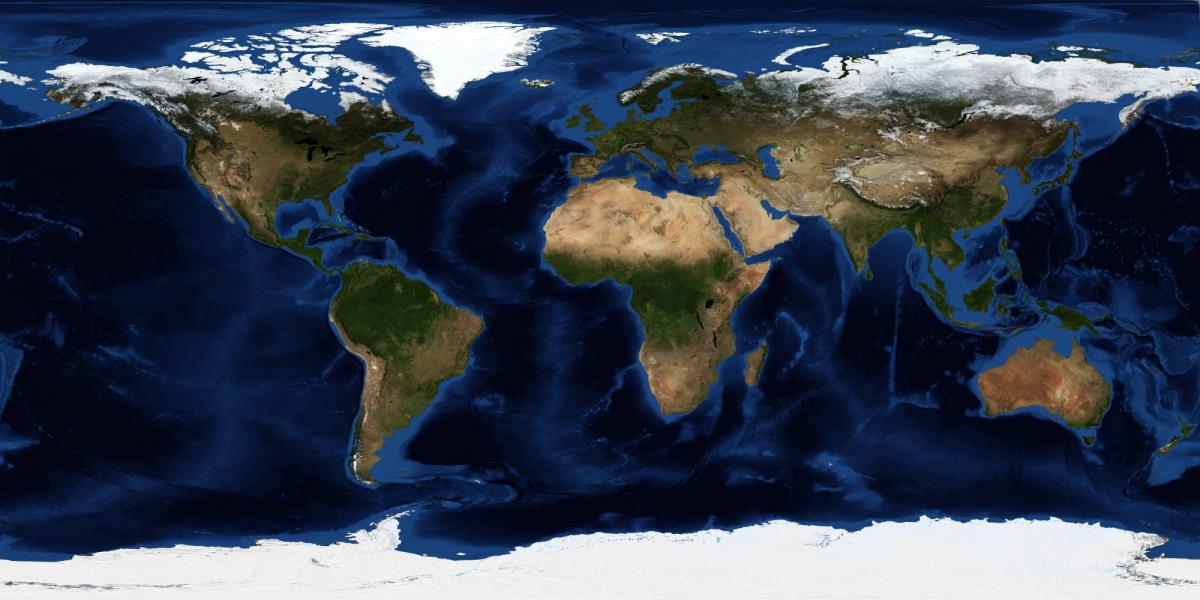
70% of Earth’s surface is covered with water. It is really not a big deal for the regular Joe, you need to frequently sail through the oceans or live on an island to really appreciate the abundance of salt water. The Pacific Ocean itself is so huge you might say the whole surface of the planet is covered in water if you look at it from a certain angle from space. Water is the most abundant element on the planet Earth for a very good reason.
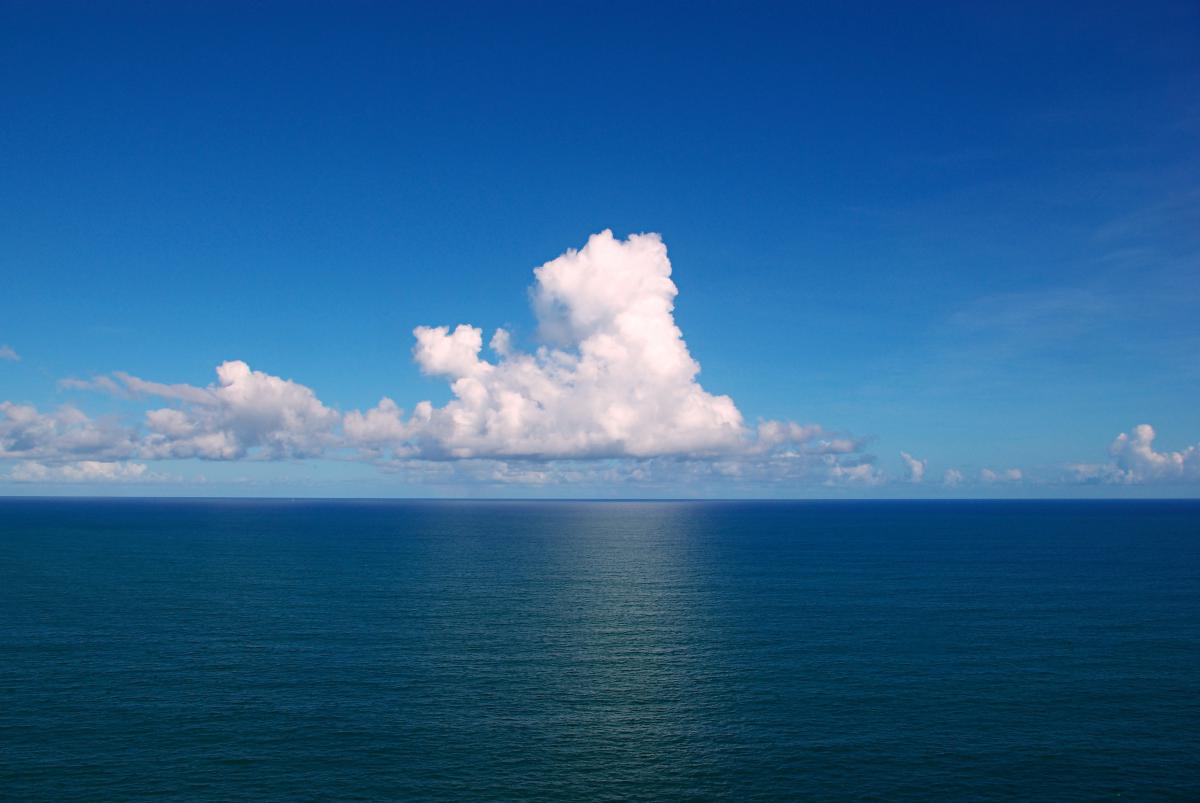
They have a bigger geography
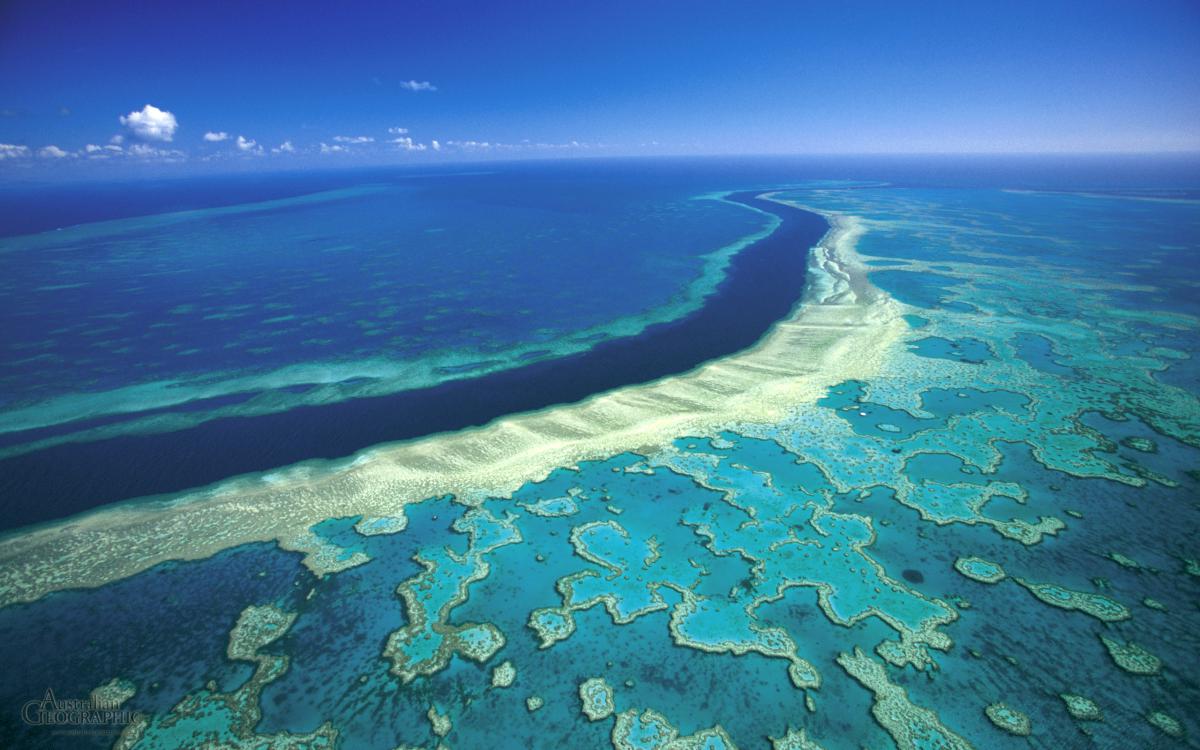
It makes sense, after all since they are so vast it is kind of obvious they can offer more interesting things on the ocean floor. And indeed, the Marian Trench can swallow Mount Everest whole with its 11.000 meters depth. The Mid-Ocean Range is the longest mountain range on Earth, connecting regions close to the North and to the South Pole. The Great Barrier Reef is the largest structure, containing living organisms. What is more – everything is constantly changing. 90% of all active volcanoes are located underwater. When it comes to impressive displays the ocean has the landmasses beat many times.
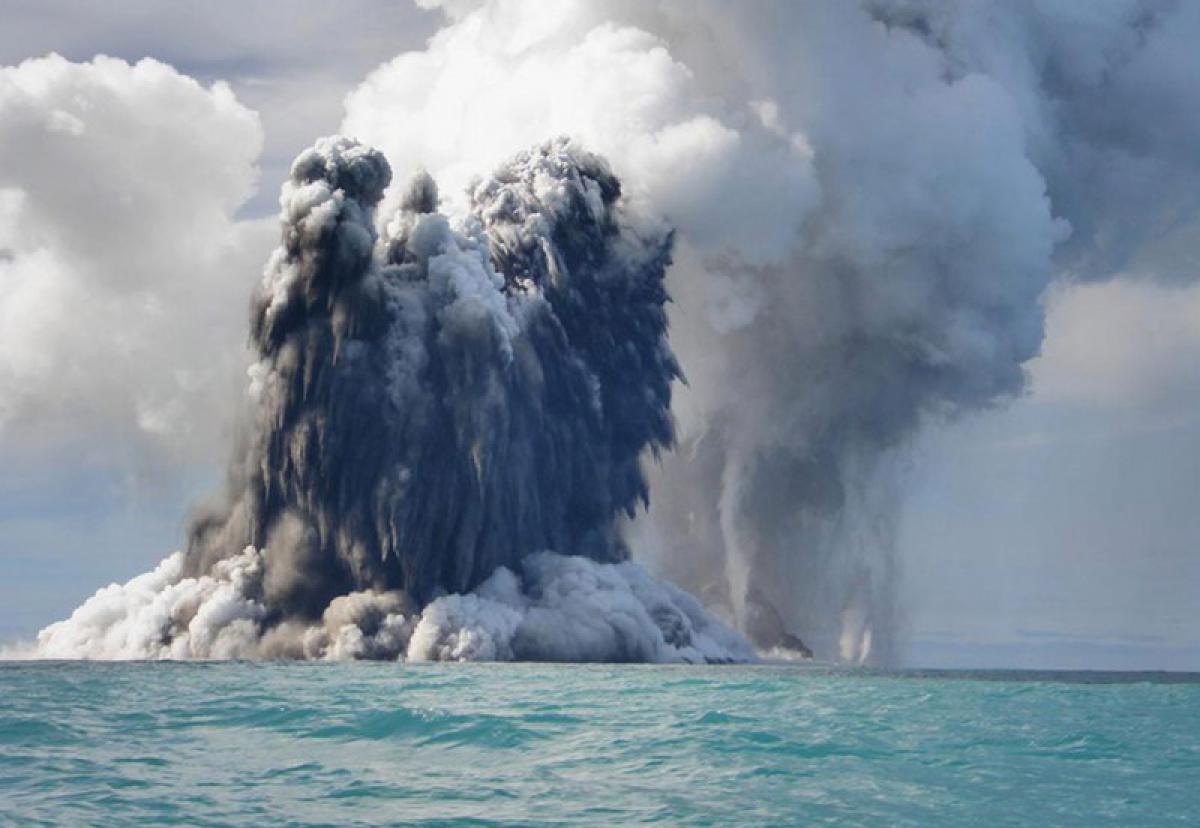
They are dangerous
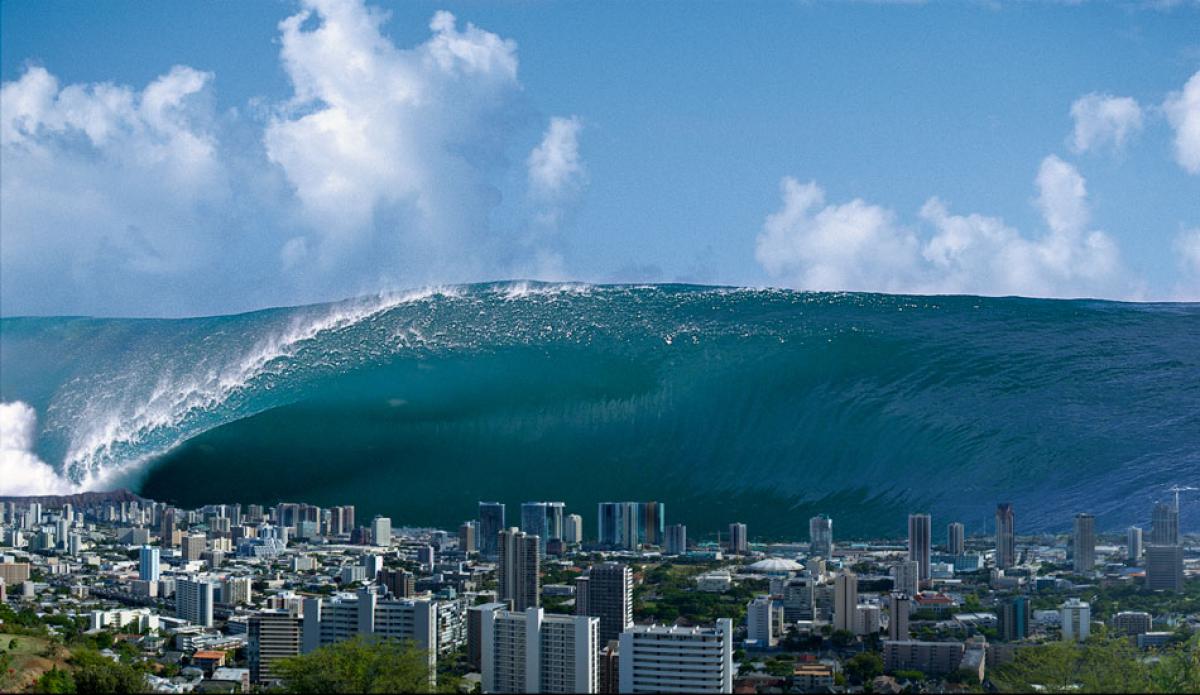
Talking about impressive natural displays…….one look at the worst natural disasters by death toll tells us that ocean storms(cyclones, hurricanes, typhoons) can kill hundreds of thousands of people easily. And this is on the coastline. Imagine what it’ll be to face such a storm in the middle of the sea. Not pleasant. Waves themselves can be sudden, devastating and they don’t even need strong winds to get them going. Freak waves and Tsunamis are dreaded by normal citizens and sea dogs alike. Large quantities of raging water can crush you as good as anything else.
They are weird
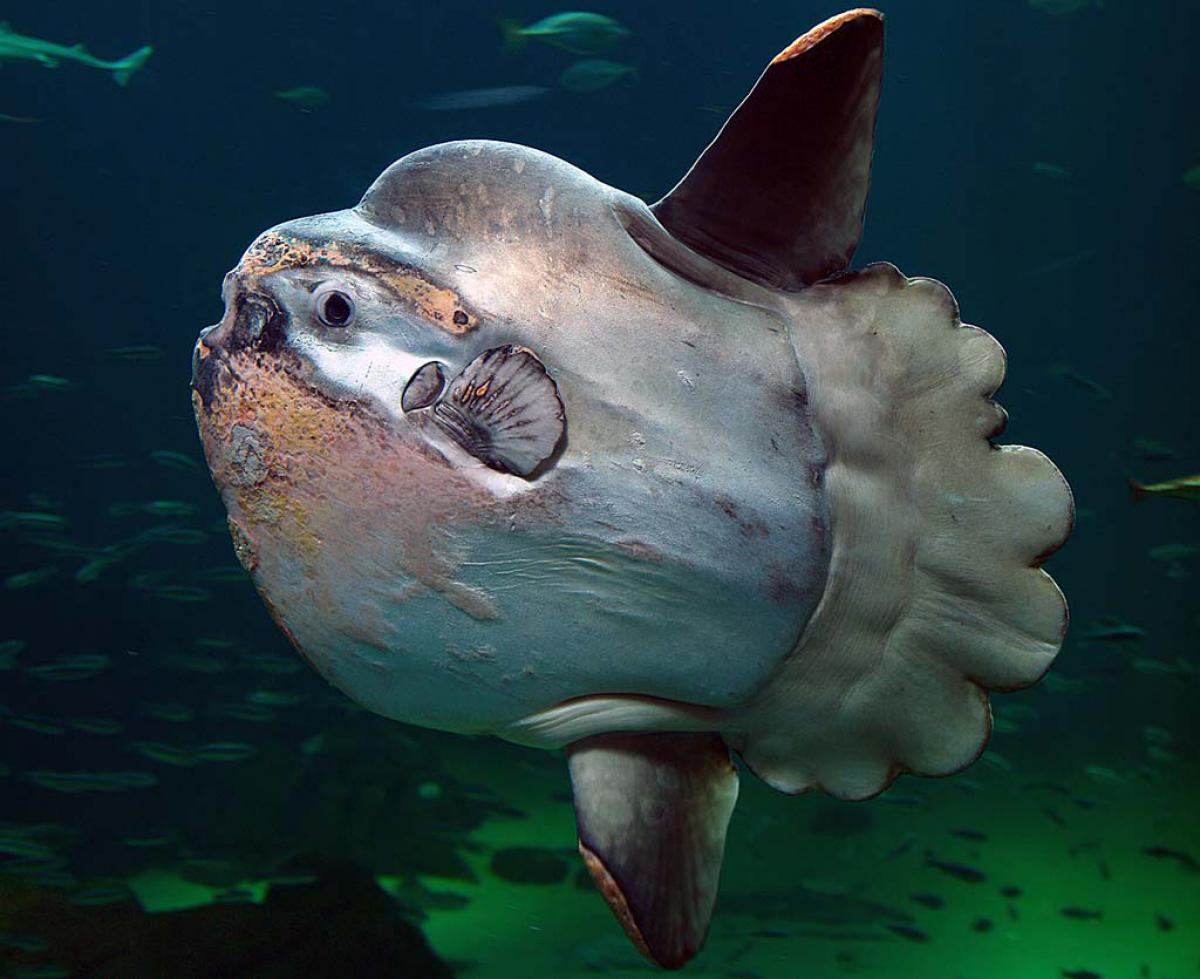
Simply put – the deeper we go the weirder the ocean will become. As long as we can see anything that is. The fish become ugly and blind, like the one fish with a flashlight on its head, or that one eel with huge mouth, whose only purpose in life is to catch everything in it. The water itself is weird, did you know salt water has lower freezing temperature than the fresh one (about -2 degrees Celsius)? The complete lack of light, crushing pressure, freezing temperatures and time it takes to go down there have strained our efforts to learn more about the wonder that is the deep ocean. Some people even humorously say we know less about it than we know about the Moon.
They flow
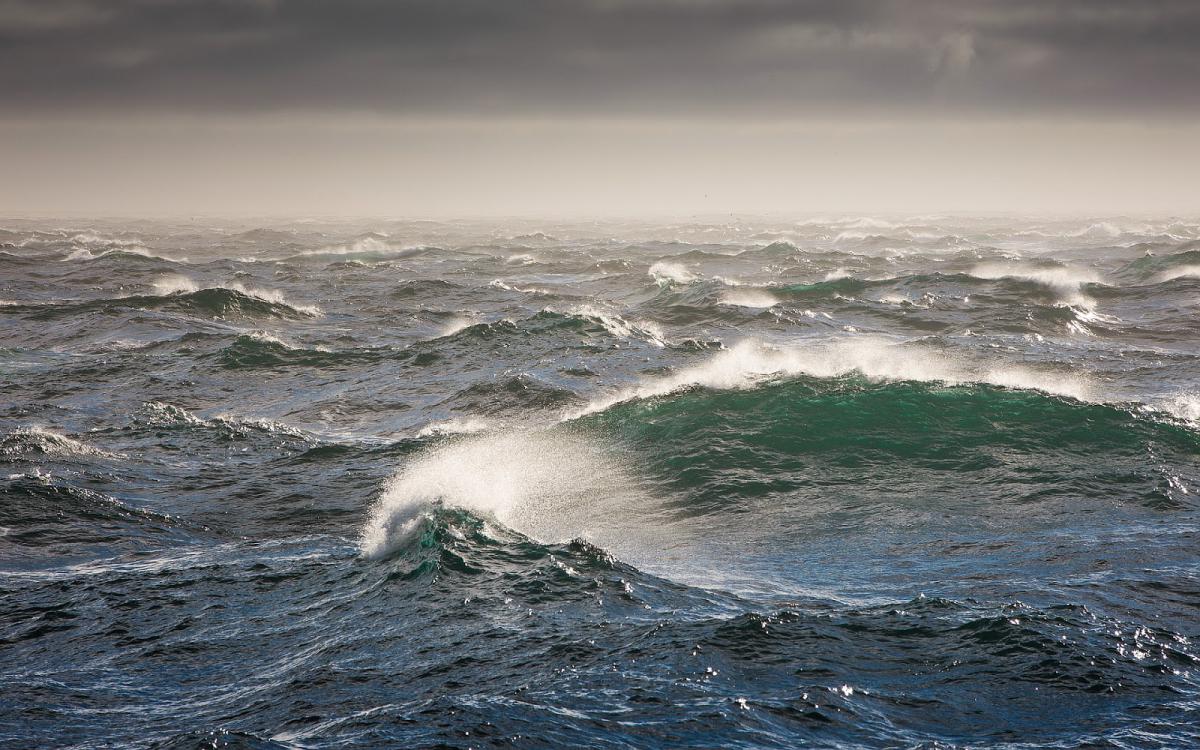
The oceans are constantly in motion. Tides are caused by the gravitational pull of the Moon, however they are only a small part of the motions going on. Ocean currents are like rivers, huge masses of water are constantly moving somewhere. The causes are things like strong consistent winds, temperature and salinity differences. They are very important, moving warm water to the north and warming up certain coastal areas, they are also used by ships in an attempt to reduce the fueling costs of each journey. Needless to say, disturbing them can cause trouble.
They preserve history
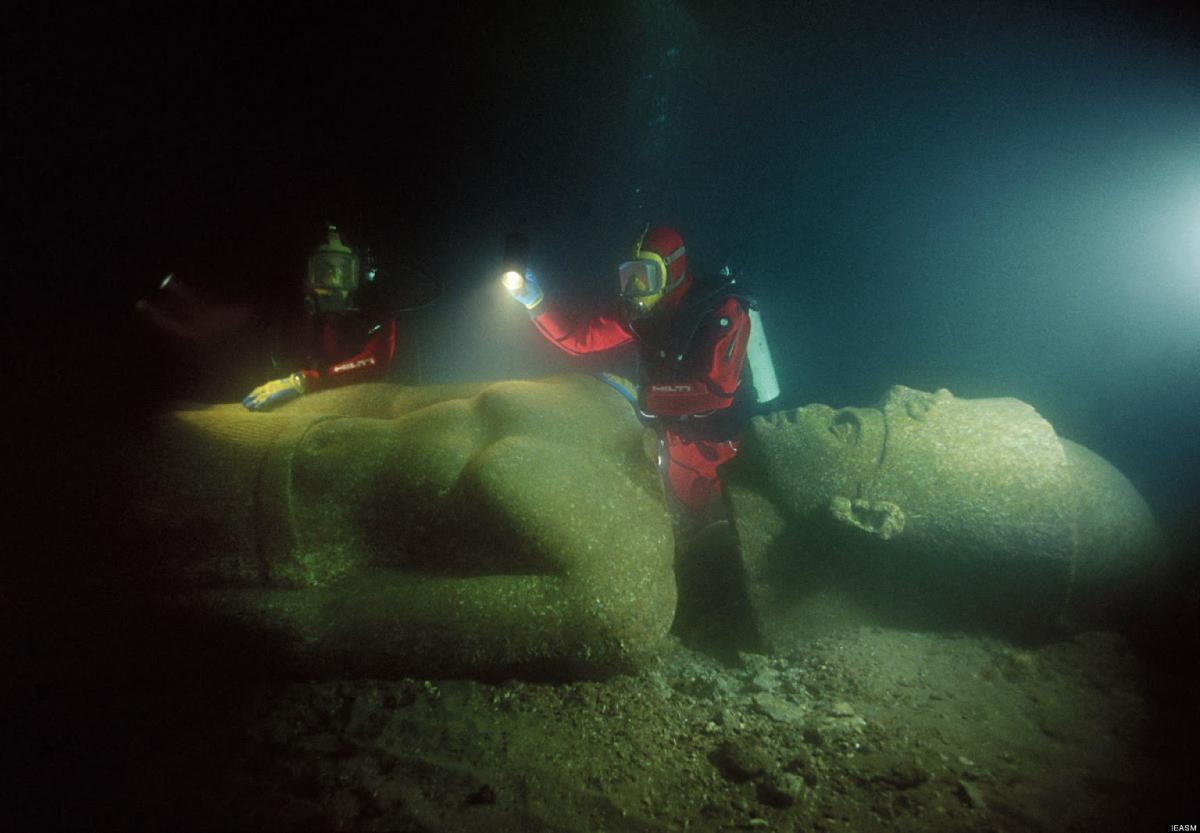
It is a well known fact that ancient civilizations formed and prospered around the sea shores many years ago. And some of them happened to end their existence on the seabed. Various reasons for that, a slow change or a sudden natural disaster. Fact is, the Mediterranean Sea alone has tons of ruins to explore
in its depths. Of course there are other places, like Japan and Indonesia, with ruins kept in very good condition for researches to uncover. Thank the stars grave robbers didn’t have the equipment needed to rob them.
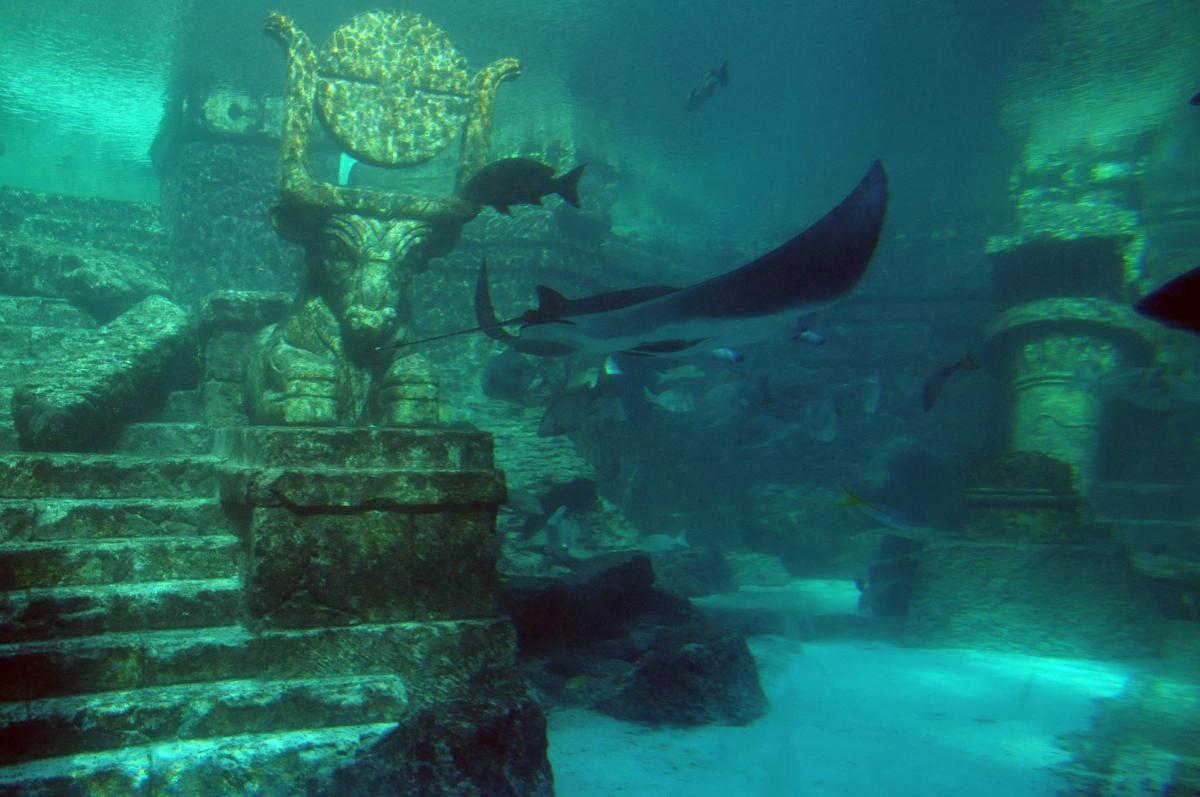
They are life
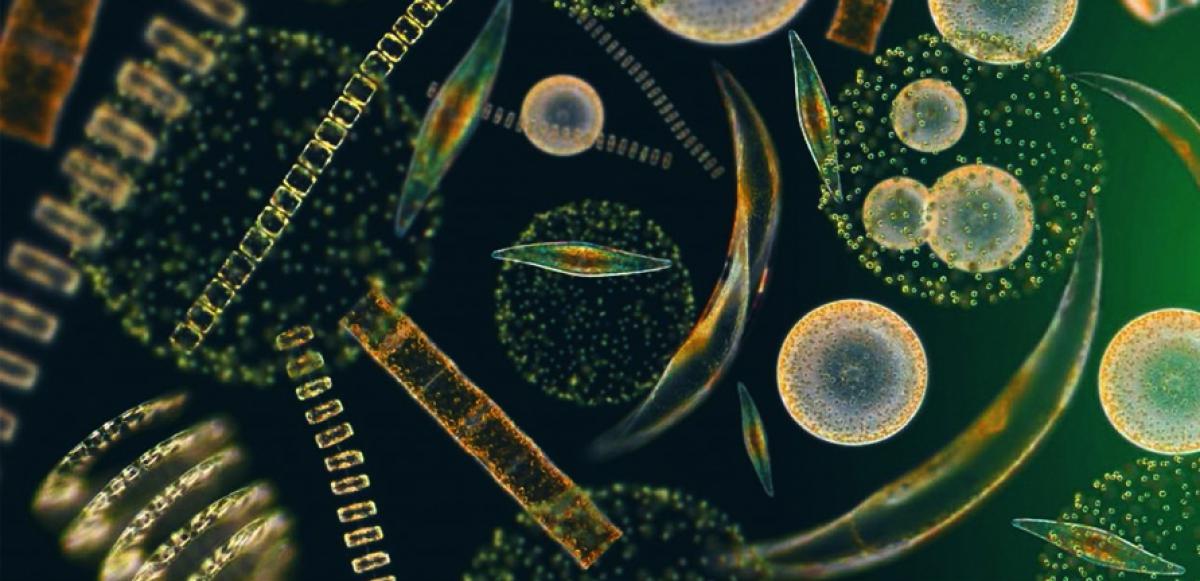
Ok, yes, they are filled with fish and other things, they are vital for the ecosystem and blah blah. There is another important aspect we rarely think about – sea plants! In other words phytoplankton. They are producing oxygen in the same manner their land cousins do, and we breathe the stuff. Half of the oxygen in our atmosphere is delivered by these little guys, so we better pay them our respects sooner rather than later.
They can end us all
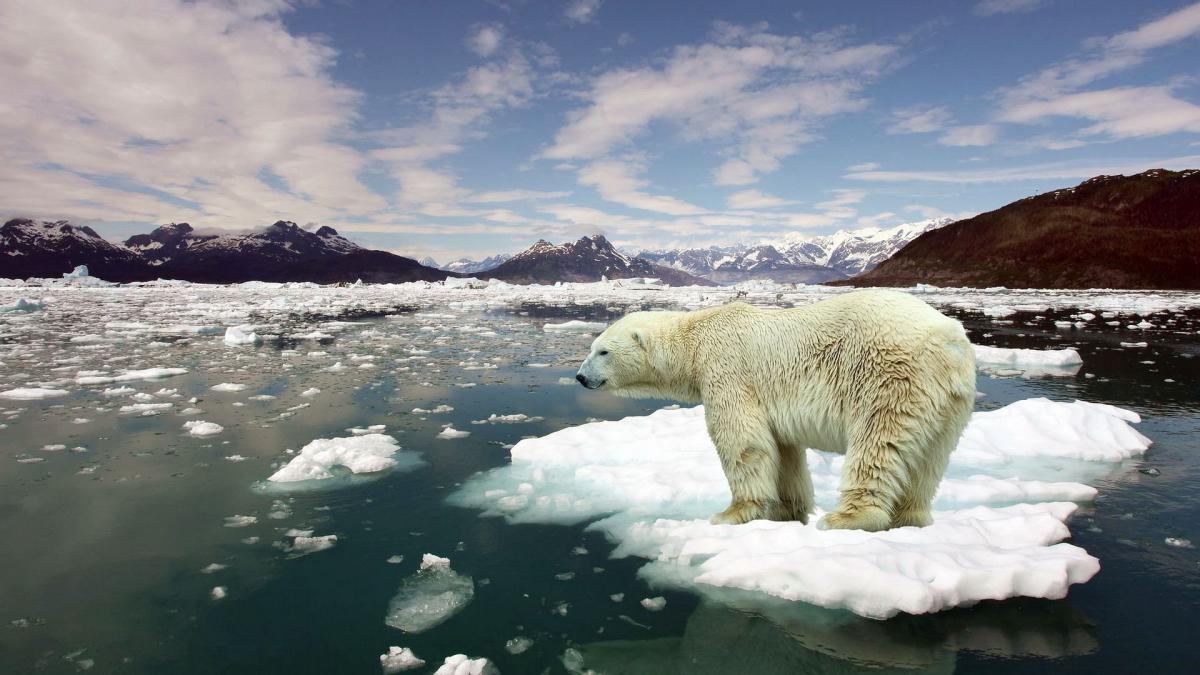
A bit of an exaggeration here, they can’t really destroy civilization unless they suddenly disappear. There are however two frightening theories. The first is about the East Coast Mega Tsunami. Wiping out the East Coast of America will certainly have lasting effects on the rest of the world. The second theory touches upon the global warming and polar icecaps. Having the seas rise for about 80 meters will spell doom for many coastal countries like the Netherlands. Both scenarios have supporting evidence and can bring a mini apocalypse on our heads.
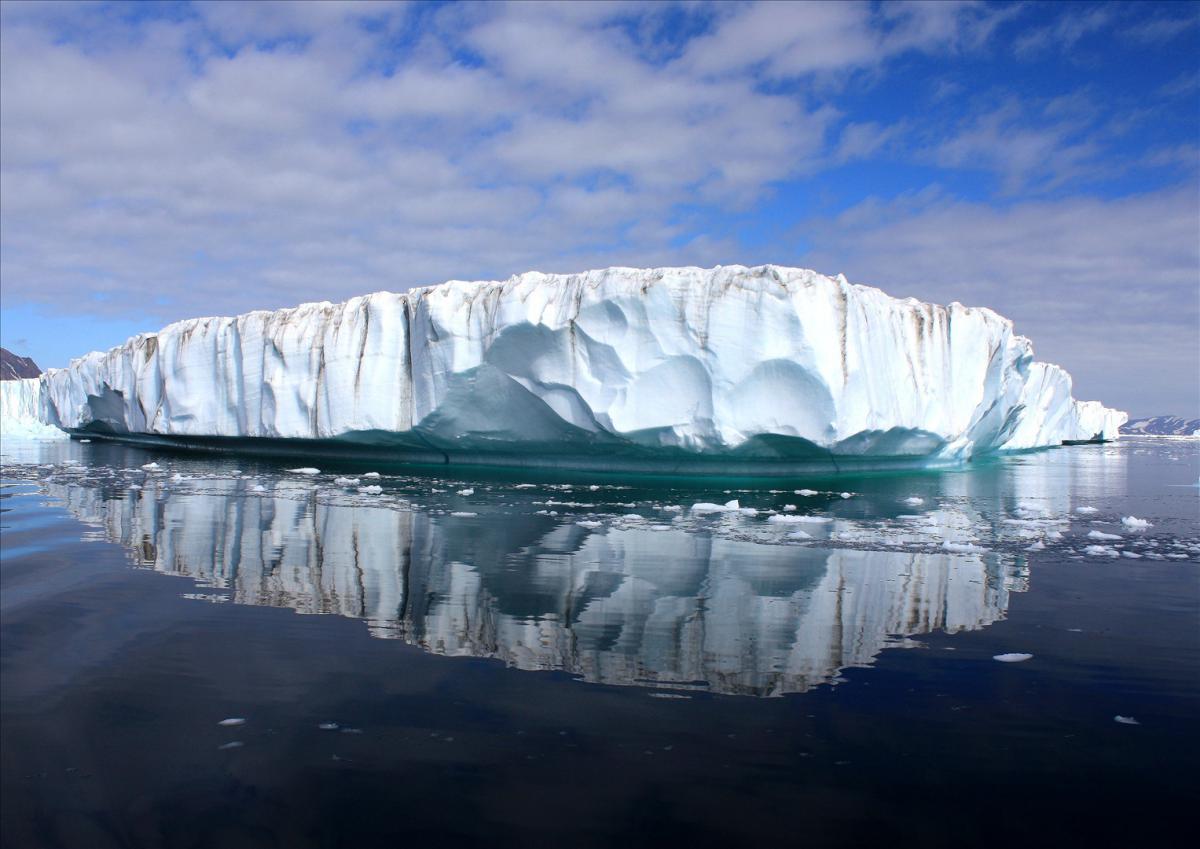
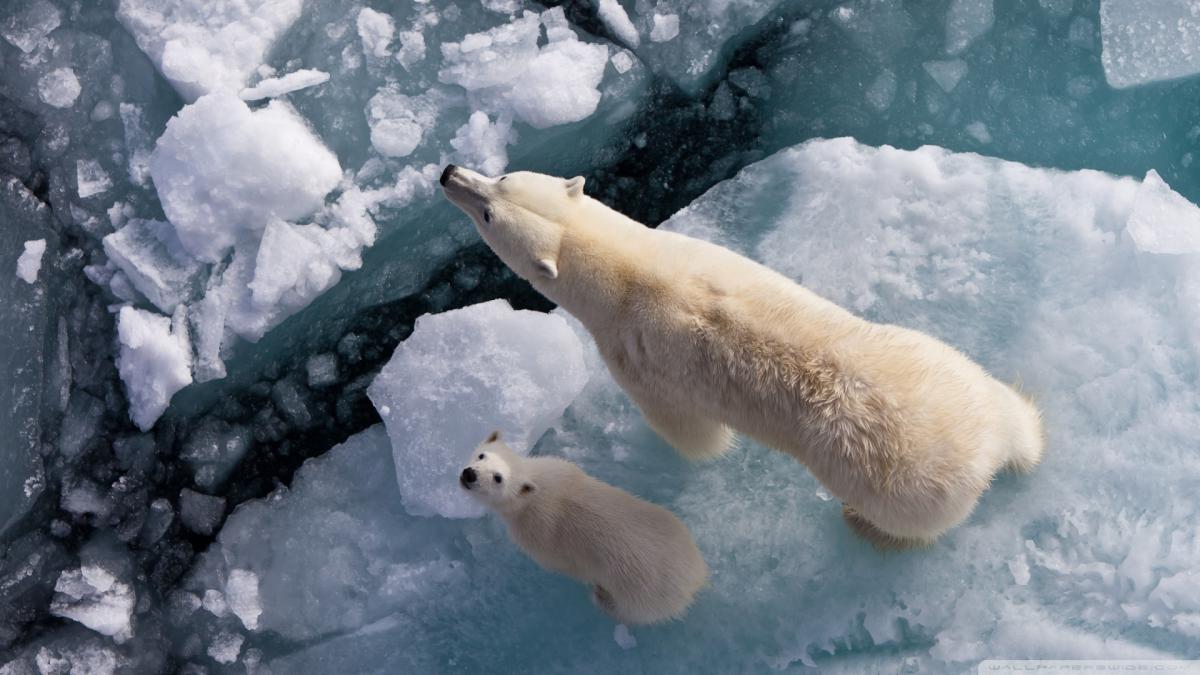
Sharks Sharks Sharks!
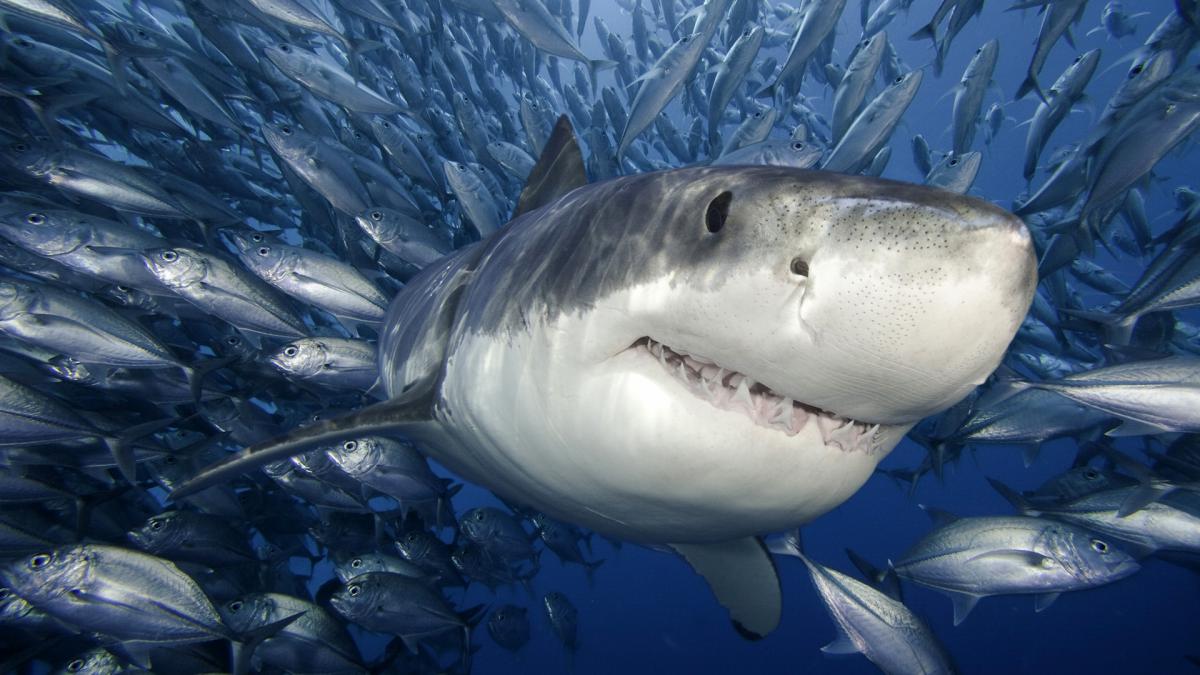
They are toothy, have bad attitude and can eat you up! This terrifying sea denizen is surprisingly not as scary as the movies led us to believe, or at least not as deadly. About 70 people each year are attacked by sharks and around 10 of the attacks have a fatal result. This is less than other, more mundane causes of death, like being stung by a bee or trampled by an elephant. On the other hand we kill millions of sharks each year during fishing. Who is the real predator now? Another useless fact: out of 500 shark species only 36 are considered dangerous and only three are frequent on the bites list: the great whites, the tiger sharks and the bull sharks. The more you know.
Point Nemo
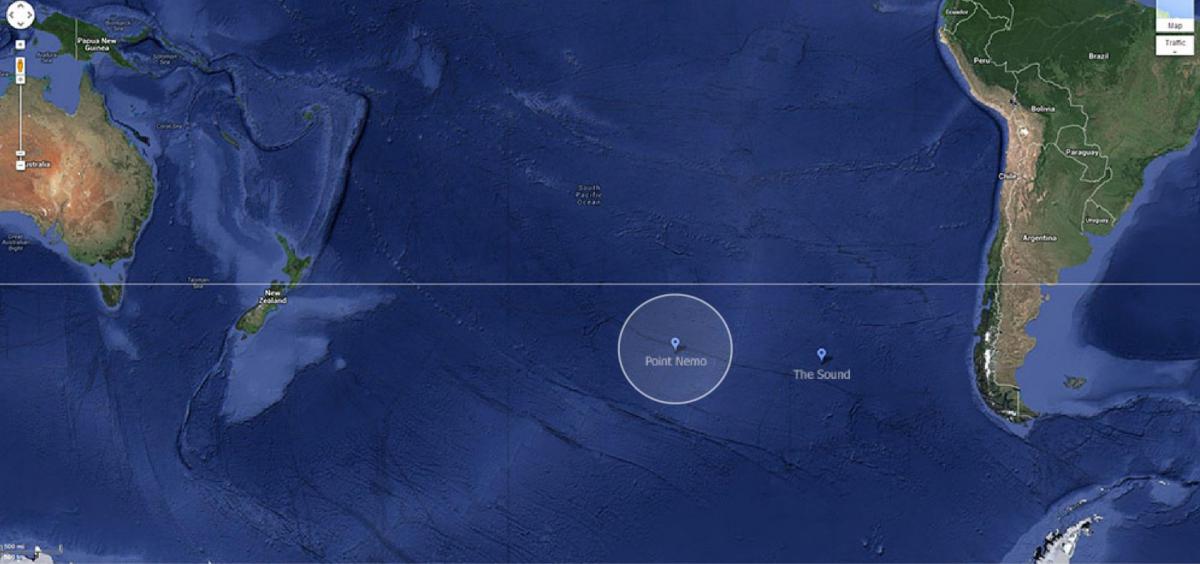
As a last reminder just how endless the oceans can be – Point Nemo is located in the Pacific Ocean and is the spot, which is farthest from any land. 2.688 kilometers from the nearest island(Ducie Island) will make for a lonely journey if your ship is desperate to anchor somewhere.
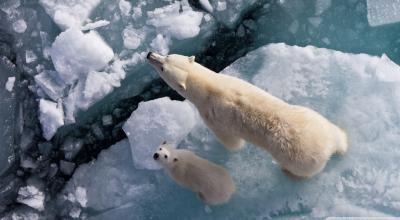
Leave a Reply